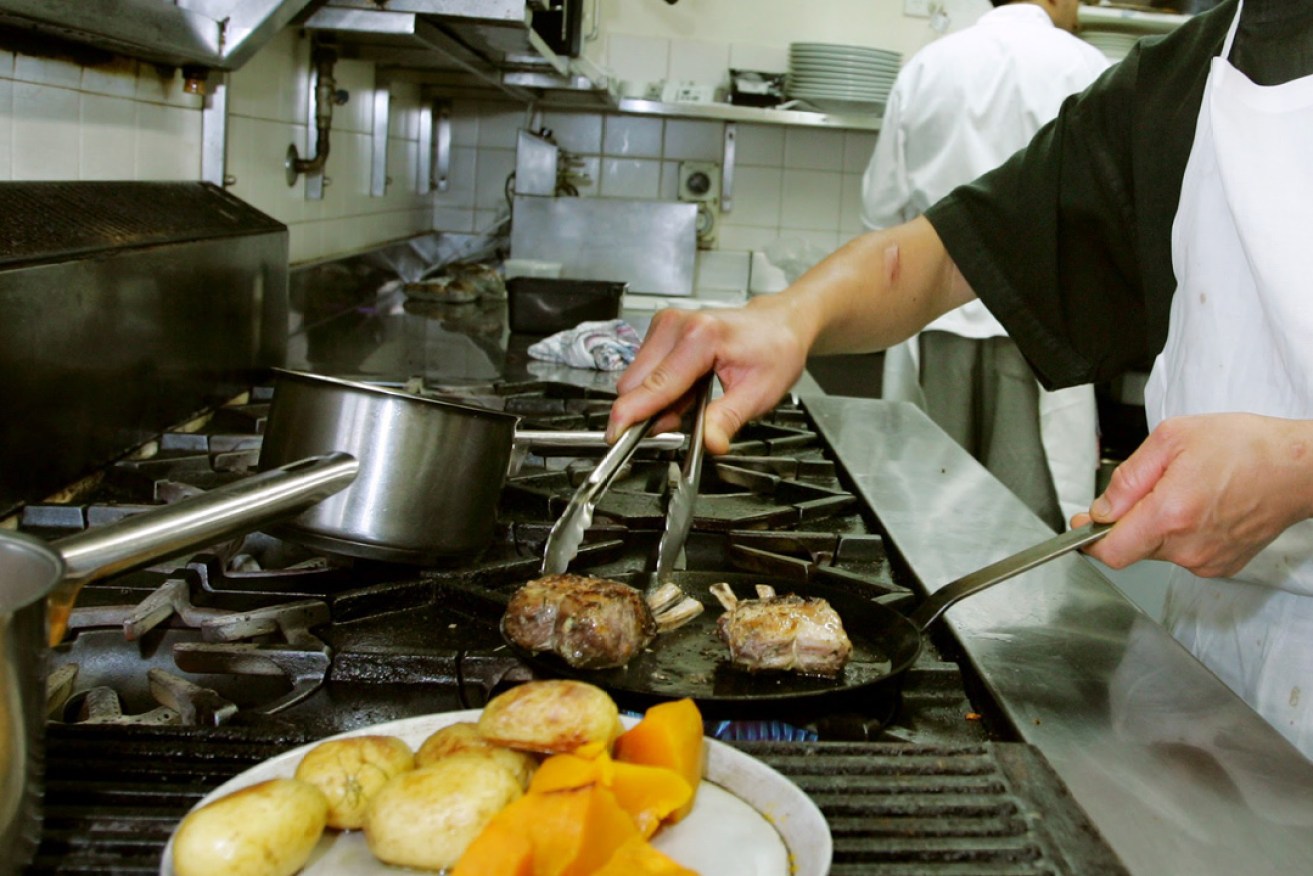Call to scrap ‘eastern states-equivalent’ minimum wage for migrants to SA
Regulations forcing South Australian employers to pay eastern states-equivalent wages to migrants and preventing many international students from working here should be scrapped, the migration industry’s peak body says.


The average wage for a cook in South Australia is well below the minimum wage for migrants, the Migration Institute of Australia says. File photo.
The Migration Institute of Australia argues that it is unreasonable for South Australian businesses to have to pay migrant workers at or above the Temporary Skilled Migration Income Threshold (TSMIT) – an annual salary of at least $53,900 – in industries where employees are normally paid significantly less here than in the eastern states for equivalent work.
“Employers in South Australia must now pay the same minimum salary threshold as major eastern seaboard cities despite average wages in South Australia being materially lower,” the institute says in its submission to a South Australian parliamentary inquiry into the economic contribution of migration to the state.
“Due to lower living costs, salaries in regional areas generally fall below that average.
“(Yet) the TSMIT is formulated as a national average.”
South Australia is the only mainland state where the whole state has been declared a “regional area”.
MIA SA president Chris Johnston told InDaily the TSMIT was a barrier for South Australian businesses looking to employ migrants, especially in industries that suffer skills shortages.
“In South Australia, wages are lower, but also our property process are lower (and) living expenses are lower,” he said.
The MIA submission also argues the number of skilled migrants allowed to enter SA should be doubled and the number of refugees settled in the state should increase.
Moreover, it says that more incentives should be applied to encourage international students to study and work in the state’s regions.
It says that South Australia should target international students as the central strategy for filling skills shortages and speeding up sluggish population growth.
But Johnston told InDaily changes to the rules governing the Regional Sponsored Migration Scheme (RSMS) – a permanent residency visa for migrant workers in regional areas – that came into force in March have made it almost impossible for international student graduates to obtain permanent residency after completing their studies here.
The changes require that an applicant for permanent residency have three years work experience in their chosen field.
However graduate visas, said Johnston, are given for a period of two years after international students complete their studies in South Australia – meaning it was almost impossible for international students to gain the experience necessary to be eligible for the RSMS while staying in South Australia on a graduate visa.
“A student graduate won’t have three years full-time experience in their occupation,” said Johnston.
“Since March, the number of applications (for permanent residency) has really dropped away.”
There were 1444 applications for the Regional Sponsored Migration Scheme in the 2017-18 financial year, but only 40 applications have been lodged between July and September this year.




